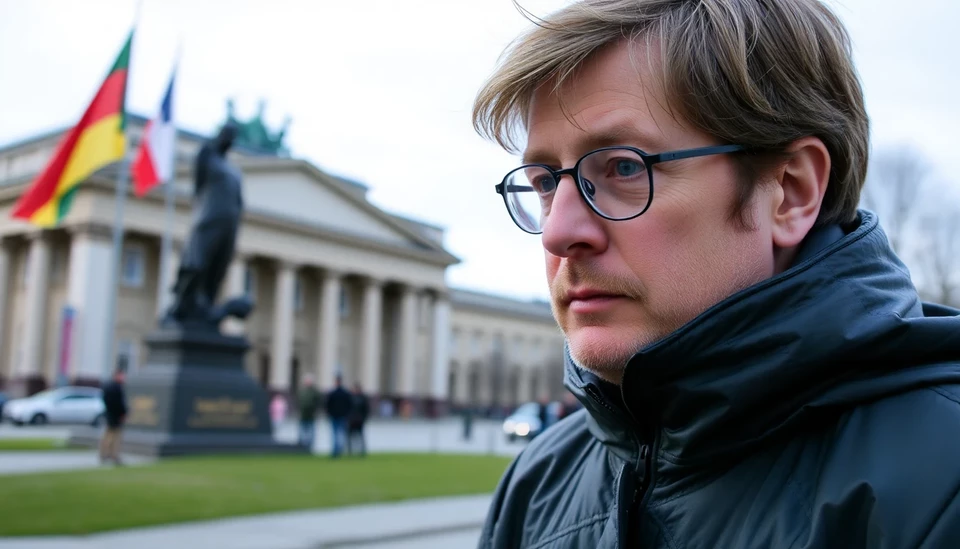
In the realm of German politics, the stakes have never been higher as the leader of the Christian Democratic Union (CDU), Friedrich Merz, grapples with a monumental task: shaping a robust strategy for the deployment of a staggering one trillion euros. This financial reservoir is set to address the nation’s pressing challenges—ranging from climate change combat strategies to fostering digital transformation across various sectors.
This era of unprecedented economic tension comes at a time when the global landscape is rife with uncertainty. Merz finds himself at the forefront of this multidimensional challenge, as he must navigate through a complex web of political, environmental, and social dynamics. The implications of this financial strategy will not only resonate within the walls of the Bundestag but also ripple out to influence the lives of every German citizen.
Germany’s economic landscape is shifting rapidly, influenced by external pressures such as inflation, energy crises, and the need for substantial infrastructure upgrades. Merz's mission entails not just spending the funds but doing so judiciously, ensuring that investments yield sustainable growth while responding to increasing public demands for transparency and accountability.
Critics are keeping a close watch on Merz’s every move, questioning if the CDU can effectively manage such a massive financial undertaking, given the party’s history marked by previous spending blunders. Moreover, there is an ongoing debate around which sectors should take precedence. Will the focus be primarily on renewable energy initiatives or should it also extend to traditional industries that are pivotal to Germany’s economy?
The trillion-euro question stretches beyond mere budget allocation; it speaks to the broader challenge of fostering a cohesive strategy that aligns the interests of various stakeholders, including state and local governments, private enterprises, and the general public. Merz must also ensure that the CDU remains competitive against other political entities that are eager to capitalize on any missteps made during this critical period.
As discussions surrounding the spending blueprint intensify, it has become increasingly evident that effective communication will be vital. Merz's ability to articulate the benefits of this extensive financial plan to both the public and fellow politicians could very well dictate the success of his initiatives. Navigating this delicate balance will be crucial as the CDU seeks to regain its standing in a rapidly changing political climate.
Moreover, with the European Union's emphasis on green initiatives and sustainable development, Merz's approach will have implications that extend beyond Germany’s borders. Global leaders will be assessing how Germany allocates these funds, particularly in light of its influence within the EU, making the CDU's strategic choices even more consequential.
In conclusion, Friedrich Merz's formidable task of effectively utilizing a trillion euros encapsulates not just a financial strategy but the political, environmental, and social futures of Germany. How well he manages this challenge will resonate within his party and beyond, marking a defining moment in his leadership.
As he moves forward, the world watches closely, anticipating the shaping of a resilient and forward-thinking Germany that can emerge from the shadows of crisis into a brighter, more sustainable future.
#GermanyPolitics #CDU #Merz #TrillionEuros #EconomicStrategy #SustainableGrowth
Author: Rachel Greene
